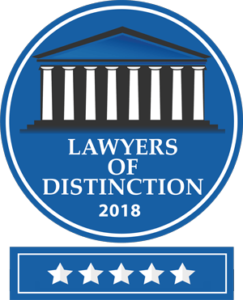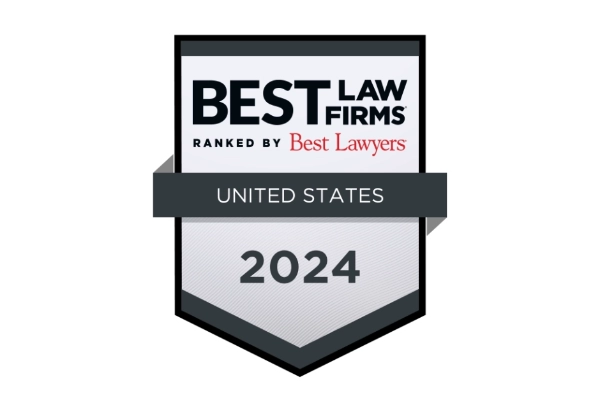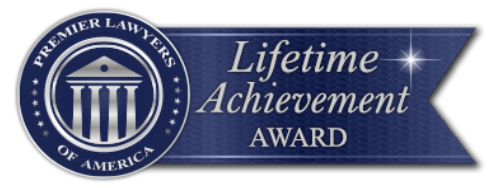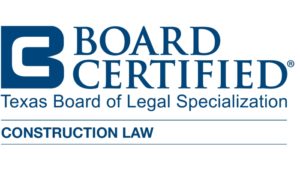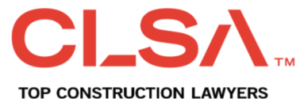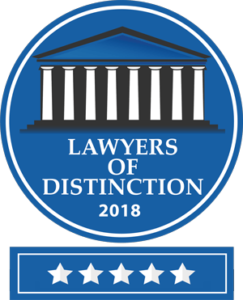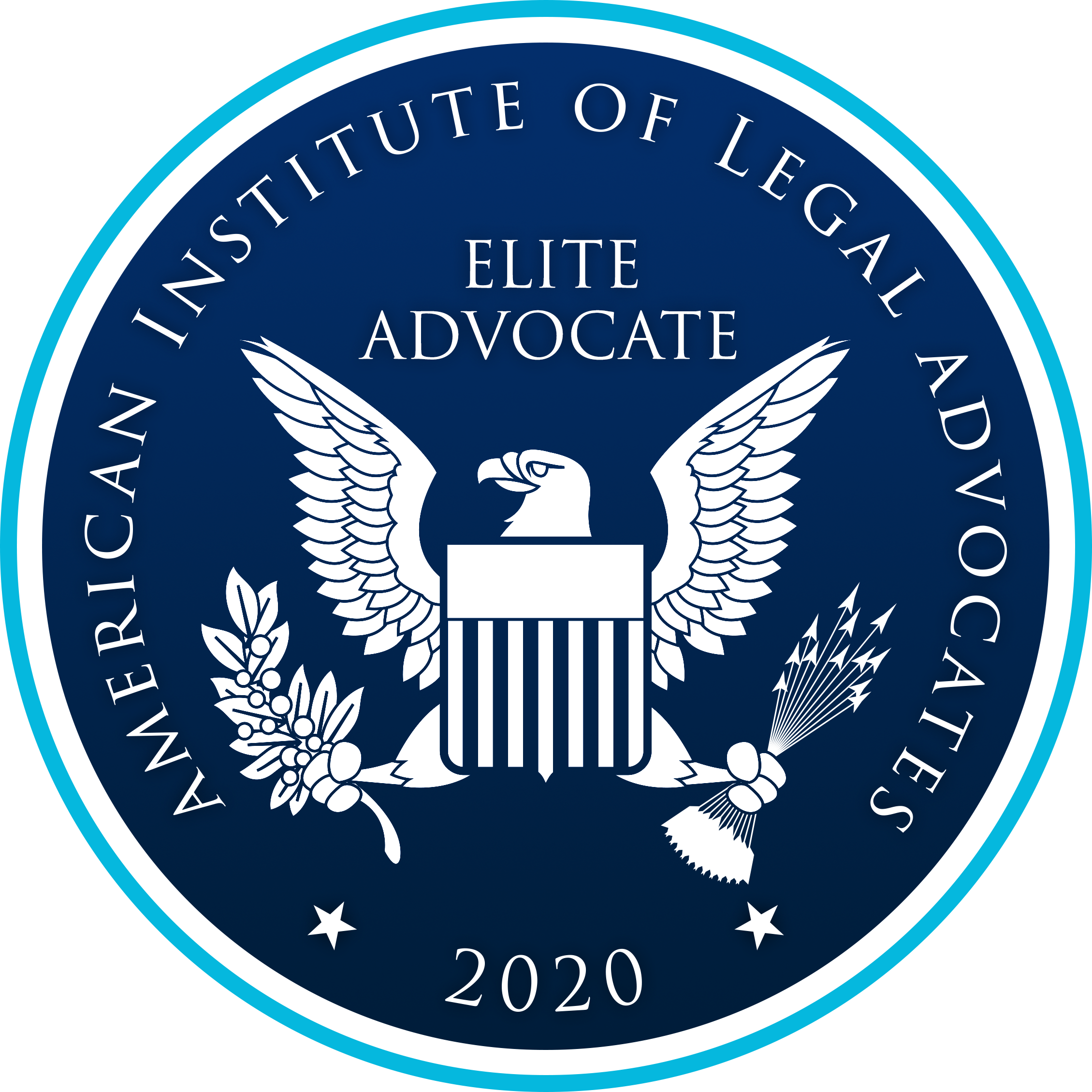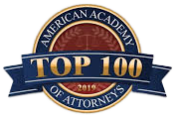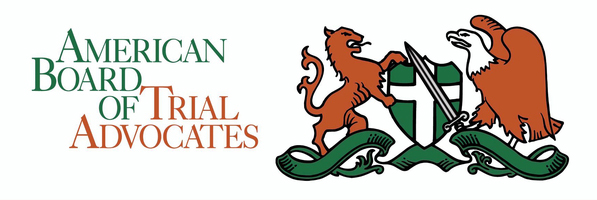The Texas State Board of Dental Examiners (“TSBDE” or “Texas Dental Board”) is responsible for regulating dentistry in the state of Texas, to include dentists, dental hygienists, registered dental assistants, and dental laboratories. The Board’s stated mission is to “protect public health and safety and promote high quality and safe dental care by providing enforcement, licensing, peer assistance, and related information services to the licensees and their patients.” The Texas Dental Board is authorized by the Texas Dental Practice Act (the “Act”) and the Texas Occupations Code Sections 251.001, et al. to investigate and discipline Licensees for violations of the Act and Board rules, to include (1) quality of care allegations; (2) sanitation violations, (3) professional conduct issues, (4) failure to follow the Act and/or Board Rules; and (5) improper advertising and referrals. The Texas Dental Board has the authority to issue a public reprimand, administrative fines, and/or revoke, suspend, or restrict a Licensee’s license. As such, a Licensee should take every complaint serious and contact a qualified dental defense attorney to assist the licensee with understanding the Complaint allegations, the Complaint process, and to defend the Licensee through final disposition of the Complaint. Lovein Ribman’s health care attorneys are well versed, tried, and testing in defending Complaints filed with the Texas Dental Board. If you have received notice of a Complaint or are preparing for a final contested case hearing, please call us at (888) 362-2483 or submit the Contact Form for a free consultation. To learn more about the Complaint process, please read below.
Initiation of the Complaint and the Preliminary Investigation
The processing of a Complaint is governed by Chapter 255, Title 3, Occupations Code and Rules 107.00 through 107.103 of the Act. Upon receipt of a Complaint, the Texas Dental Board has 60 days to perform a “preliminary investigation” to determine: (1) if the allegations were true, would the conduct violate the Act and/or Board Rules; (2) if the continued practice by the Licensee would constitute a clear, imminent, or continuing threat to a person’s physical health or well-being; and (3) whether there is probable cause to justify commencement of an “official investigation”. If the Complaint alleges a violation of the standard of care, the investigators are required to consult with a licensed dentist or dental hygienist who is a member of the Dental Practice Division or a member of the Board. At the preliminary investigation stage, the Board may, but is not required, to allow the Licensee to respond to the allegations. If the Licensee is given this opportunity, the Licensee should consult with a dental defense attorney to assist with preparing the response. At the conclusion of the preliminary investigation, Board staff will determine whether to commence an “official investigation” or close the file.
Official Investigation Stage
Once an official investigation commences, the Board staff will notify the Licensee that a Complaint has been filed and a formal investigation is being conducted. At this stage, the Complaint will be given a priority status (1 through 4, with 1 being the most urgent) and classified into one of the following seven categories: (1) Standard of Care violation; (2) Sanitation violation; (3) dishonorable conduct; (4) administrative; (5) business promotion; (6) practicing without a license; or (7) non-compliance.
During the investigation process, the Board staff may request the Licensee to formally produce records through a business records affidavit. The Licensee typically has 10 days to produce the records and failure to do so may result in an administrative penalty or separate disciplinary action.
During the official investigation, Board staff will determine whether a violation of the Act or Board Rules has occurred. If the Complaint is related to professional competency, members of the Dental Review Panel shall assist with the determination. Often, there is an opportunity at this stage to resolve the Complaint without proceeding to the next step in the process. As such, this is another good opportunity to seek legal advice from a qualified dental defense attorney. If the information and evidence gathered and the Dental Review Panel Report, if applicable, is insufficient to support that a violation of the Act or Board Rules, Board staff shall dismiss the Complaint and advise the Board of such dismissal at a public Board meeting. If a Complaint is dismissed, a letter shall be sent to the Complainant and Licensee informing them of the dismissal and explaining the reason for the dismissal. If there is probable cause to continue the investigation, the Director of Enforcement can recommend that the case: (1) be returned for further investigation; (2) referred to an Informal Settlement Conference (“ISC”); (3) or sent to the State Office of Administrative Hearing (“SOAH”) for a formal hearing before an administrative judge.
The Informal Settlement Conference (ISC)
If the Board staff determines that there is sufficient evidence to conclude that a Licensee has violated the Act, Board Rules, or an order of the Board, the investigation will be referred to the agency’s legal division for scheduling an Informal Settlement Conference (“ISC”). The purpose of the ISC hearing is to provide an informal forum for the panel to review the Complaint information and for the Licensee to demonstrate that he or she is in compliance with the Act. The Board shall notify the Licensee of the ISC hearing date, time, and location, along with: (1) the nature of the allegations; and (2) a copy of the information the Board intends to present at the ISC. The Licensee may submit a written rebuttal to the allegations, of which the Panel will review in advance of the conference. This is another opportunity for the Licensee to retain a qualified dental defense attorney to assist with preparing a detailed persuasive response to the allegations and represent the Licensee at the ISC.
The conference is intended to be informal in nature and typically lasts no more than a few hours. The conference will begin with an opening statement by the Board’s staff attorney, followed by the Licensee’s opportunity to present its defense and answer questions from the panel. At the conclusion of the ISC, for certain types of complaints, the panel will deliberate and make: (1) a recommendation to dismiss the complaint; (2) a recommendation of an administrative penalty; (3) defer the ISC pending further investigation; or (4) direct that a formal Complaint be filed with the State Office of Administrative Hearing (“SOAH”); (5) recommend that a Disciplinary Panel be convened to consider temporary suspension or restriction of the Licensee’s license; (6) the imposition of a penalty; or (7) a remedial plan be issued to resolve the Complaint. The Panel’s decision is a “recommendation” that must be approved by the Board. If the panel finds a violation, it may offer an agreed order setting out the sanctions and terms to be imposed on the Licensee. Approximately 90% of all disciplinary actions are resolved through the ISC process. Complaints not resolved at this stage generally are referred to a Contested Case Hearing with SOAH.
The Contested Case Hearing (SOAH) and Appeal
If the Complaint is not resolved through the ISC process, then the Board will file a formal complaint with the State Office of Administrative Hearing (“SOAH”) to initiate a formal contested case hearing. SOAH is an independent agency that manages and conducts contested case hearings for over 60 state agencies, including the Texas Dental Board. The mission of SOAH is to ensure that contested case hearings are conducted fairly, objectively, promptly, efficiently, and result in a quality and timely decision.
Upon receiving a formal complaint from the Board, SOAH will serve the Licensee with a written notice stating: (1) the date, time, location, and nature of the hearing; (2) a statement of the legal authority and jurisdiction; (3) reference to the particular sections of the statutes and rules at issue; and (4) a short plain statement of the factual matters asserted. The contested case hearing is similar to a civil trail wherein the parties are permitted to conduct formal discovery prior to the hearing, to include written discovery requests, depositions, and third-party subpoenas. At the hearing, both sides will have the opportunity to present witnesses, deposition testimony, and documents in support and defense of the claim. If the Board is seeking a denial or revocation of the Licensee’s license, then the Board will have the burden of proof, based upon a preponderance of the evidence. Licensees have the absolute right to be represented by counsel and should take advantage of this right given the formal nature of the proceeding and the severity a negative finding could have on the Licensee’s career.
After all evidence has been admitted and the hearing has been concluded, the SOAH Administrative Judge (“AIJ”) will issue a Proposal for Decision (“PFD”) with findings of facts and law, along with a determination as to whether a violation of the Act has occurred. The PDF is then submitted to the Dental Board for a vote of final approval and imposition of sanctions if appropriate.
The decision will become final unless the Licensee timely files a Motion for Rehearing, which is an opportunity for the agency to correct any errors a party brings to its attention in the Motion. A Licensee then has 30 days from the decision or order becoming final to file an appeal in the district court for review of the agency’s decision. An appeal to the district court is not a re-trial of the evidence, but instead is more akin to a civil appeal, wherein no new evidence can be admitted. The Administrative Procedure Act allows the district court to uphold the decision or reverse and remand if the order is found to be arbitrary and capricious, an abuse of power, made in error, or rendered through unlawful procedure. If the district court denies the appeal, the Licensee may have the right to file an appeal up to the Texas Supreme Court.

